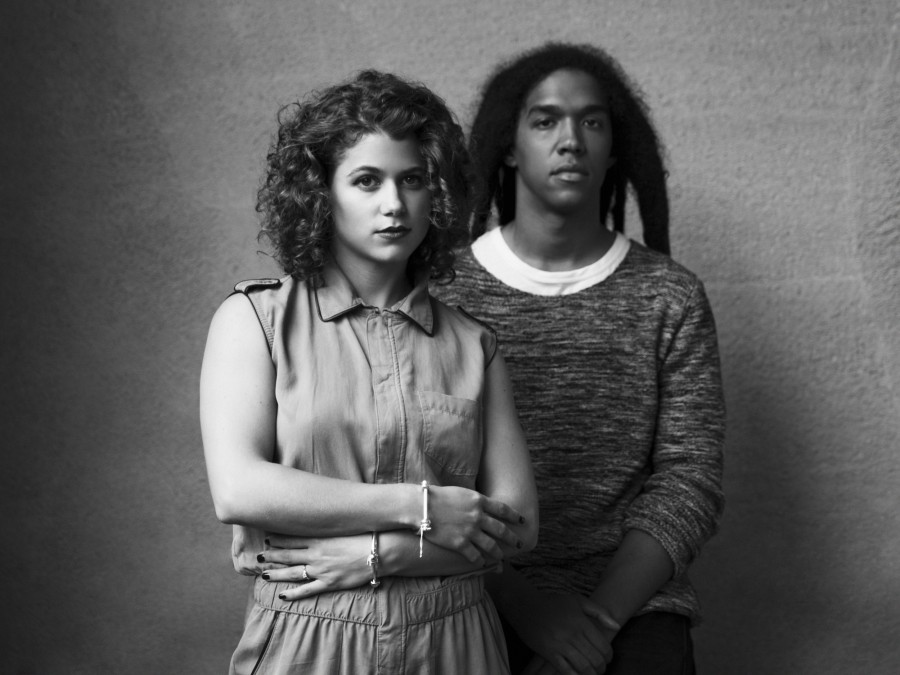The romance shared between the L.A. and Toronto-based couple Austin Garrick and Bronwyn Griffin is almost too good to be true: The two have been betrothed since they were in eighth grade. Garrick got his start producing hip-hop for the likes of Ghostface Killah, Redman and Foxy Brown in the mid-’00s, and as a duo, Electric Youth has been making dreamy, ’80s-indebted synth-pop since 2009. As Garrick told Rolling Stone earlier this year: “How could we not be reminded of the past when every day, we see the person we had a crush on since seventh grade?”
There’s a good chance that Garrick’s narcotic synth washes and Griffin’s melancholic vocals will feel vaguely familiar. In 2009, the duo collaborated with French musician David Grellier (a.k.a. College) on a song dedicated to Captain Chesley Sullenberger, the pilot who safely landed US Airways Flight 1549 in the Hudson River. Titled “A Real Hero,” it was used to devastating effect in two pivotal scenes from the 2011 film Drive. After the worldwide success of that song, Garrick and Griffin decamped to a studio to make their debut full-length, Innerworld, including “A Real Hero” as the fitting album climax.
Crafted in the image of nu-romantic synth-pop acts like Soft Cell and Yaz, Electric Youth’s Innerworld is awash in ’80s earmarks. In fact, Yaz’s Vince Clarke lent a hand (and a Yamaha CS80) to the album. The arpeggiated melodies and programmed drums that course through Innerworld evoke memories of lost ’80s hits, hinting at the likes of Berlin, Nu Shooz, Scandal and Regina, especially in tracks like “Without You” and the slower ballad “If All She Has Is You.” Electric Youth operates with a sense of remove, though, evocative of icy Italo hits of that same era. It’s no surprise that one of Electric Youth’s earliest tracks was a cover of Clio’s “Faces.”
Rather than just reference a bygone era, there’s a sense of wistfulness; of childlike splendor in danger of succumbing to the ravages of adulthood. The soaring melody and Griffin’s hook in “Runaway” — “Maybe we could just run away for good / ‘Cause we’re both misunderstood” — references Peter Jackson’s 1994 film Heavenly Creatures, about two teens and their intense fantasy life. Judging from the cover painting of two kids in a landscape untouched by mankind, the same holds true for Garrick and Griffin. They sound at play in their music, as if they’re still young kids laying eyes on each other for the first time.
9(MDAxNzk1MDc4MDEyMTU0NTY4ODBlNmE3Yw001))
First Listen: Electric Youth, 'Innerworld'



